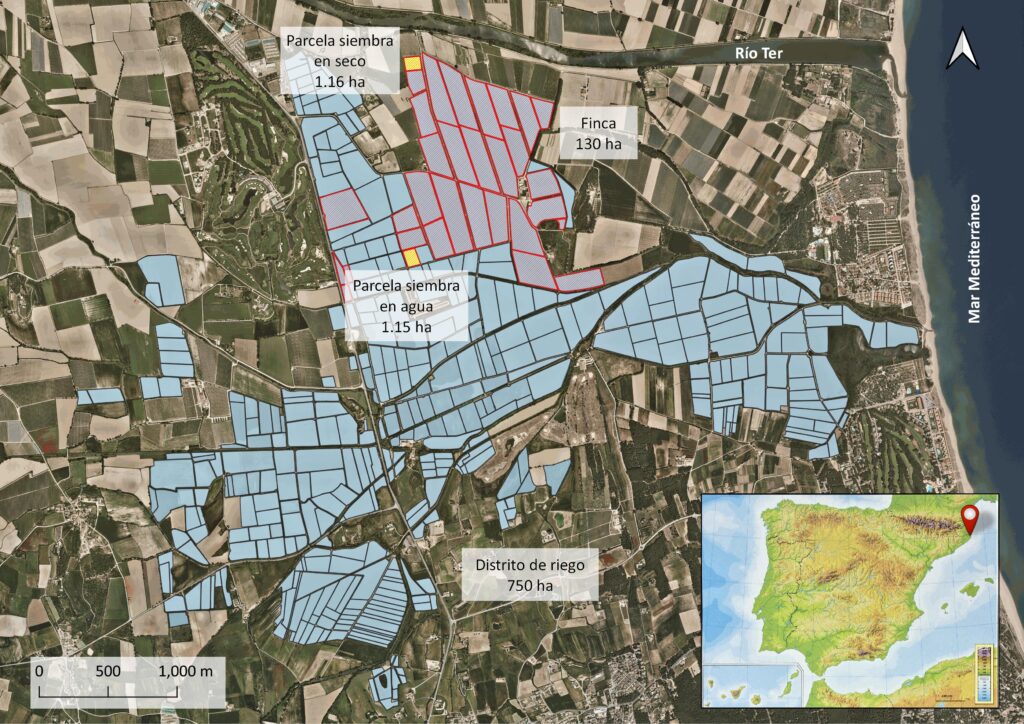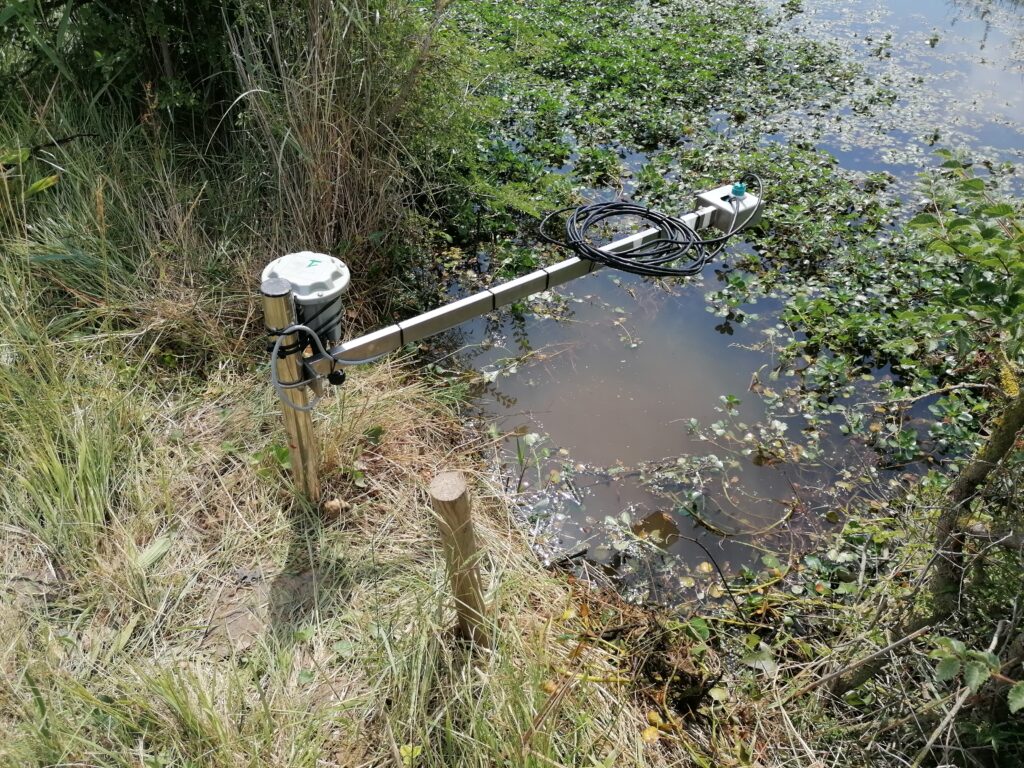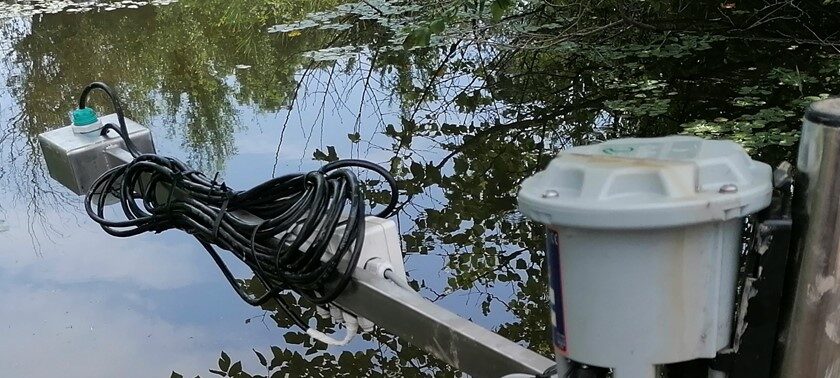Sílvia Cufí is developing her doctoral thesis at the Irrigation Engineering and Management (EGR) research group at the University of Girona (UdG) . The thesis is co-directed by Dr. Francesc Ramírez from Cartagena (EGR group) and Dr. Farida Dechmi, from the Irrigation, Agronomy and Environment (RAMA) research group of the Aragon Agri-Food Research and Technology Center (CITA). After completing the Degree in Agri-Food Engineering at the UdG, Sílvia completed a Master’s degree in Agricultural Engineering (interuniversity) and a Master’s degree in Soil and Water Management (interuniversity), both coordinated by the University of Lleida, finalizing them in 2021. Since 2018, she has combined her studies with her work as a research support intern at the EGR group, where in 2022 she began her doctoral thesis through an FPU contract from the Ministry of Universities (reference FPU20/01123). Within the framework of her thesis, Sílvia just started a three-month research stay at the RAMA group of CITA, in January 2024.

Sílvia’s doctoral thesis project is titled “Evaluation of irrigation and strategies for sustainable use of water in the agroecosystem of the Pals rice fields (Bajo Ter)”. The work is part of the PRIMA MEDWATERICE (2019 – 2023, reference PCI2019-103738) and PROMEDRICE (2023 – 2026, reference PCI2023-143435) projects, and aims to evaluate the impact of different rice irrigation systems on the quantity and quality of the irrigation and drainage water at the scale of commercial plot, farm and irrigation district, with the objective of determining water management strategies that minimize the use of the resource and the contamination of drainage waters, while preserving crop yield. Consequently, the work not only includes an experimental part, but also the use of crop and hydrological models. During her stay at the RAMA group, Sílvia will be trained in the use of the DSSAT crop model to calibrate and validate it using the experimental data available until 2023. She will also carry out scenario simulations to evaluate the impact of different rice irrigation methods on the parameters of water balance and crop yield at the plot scale.


